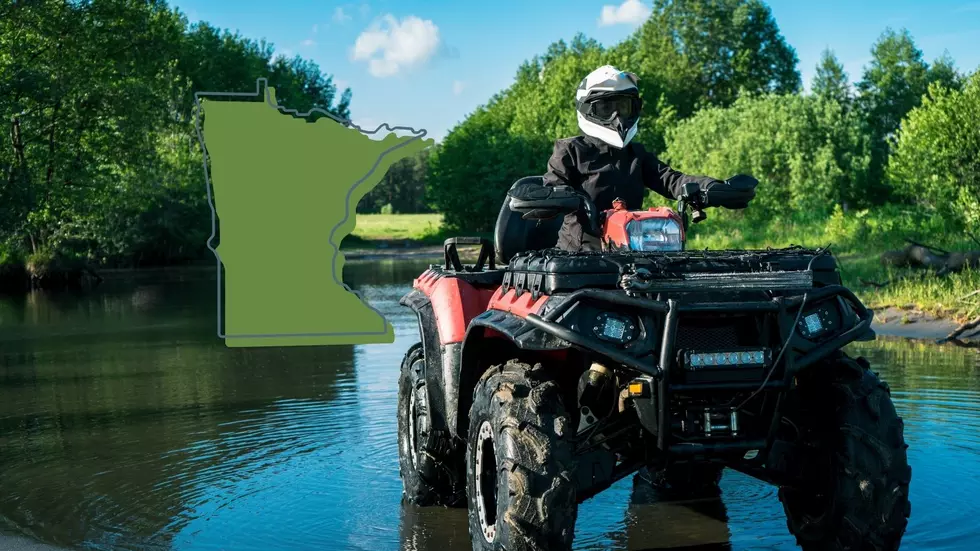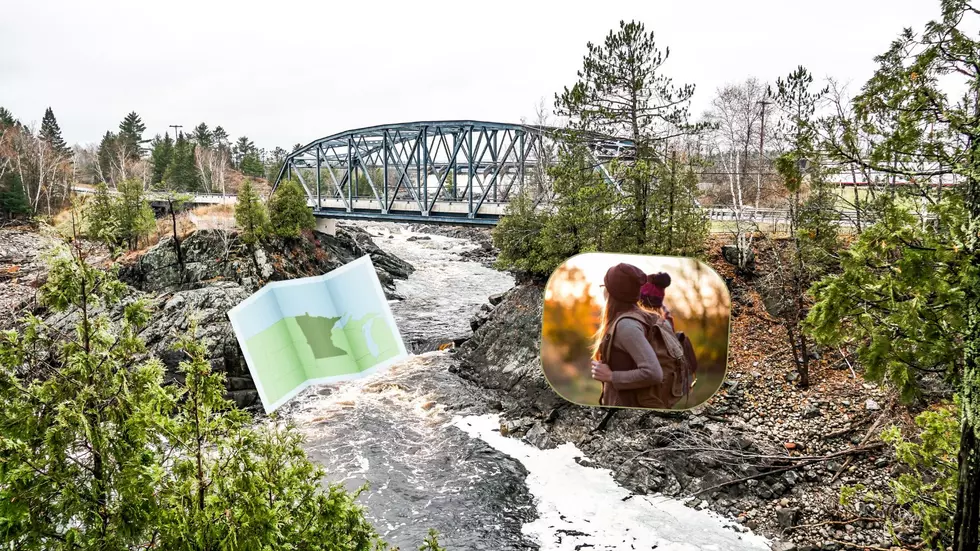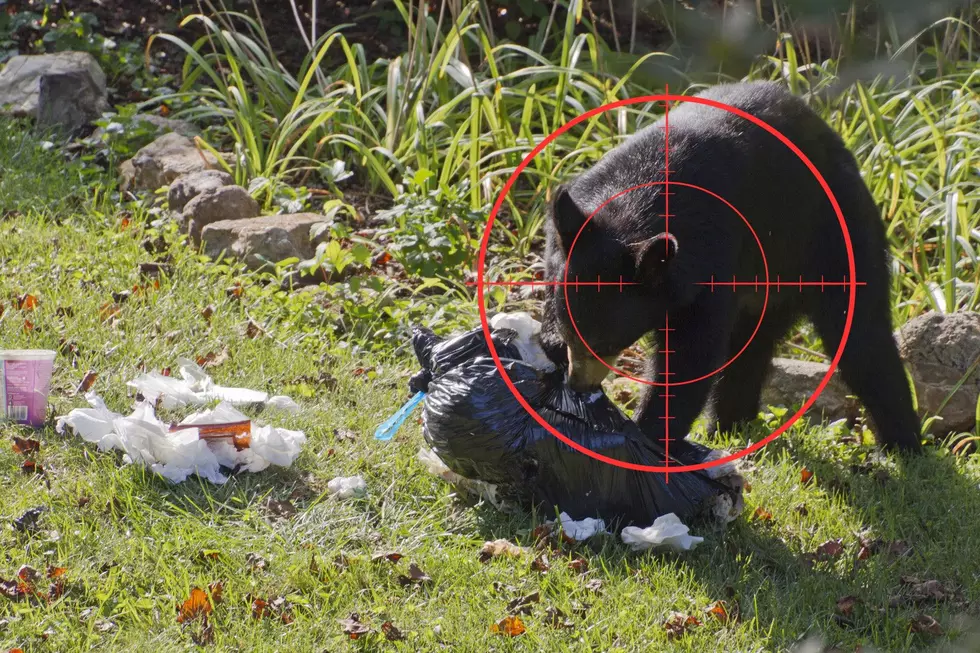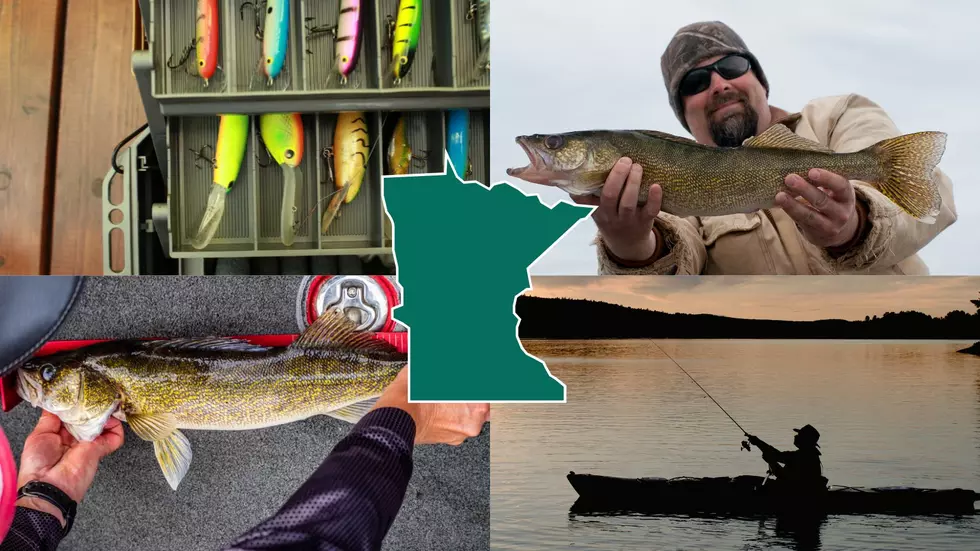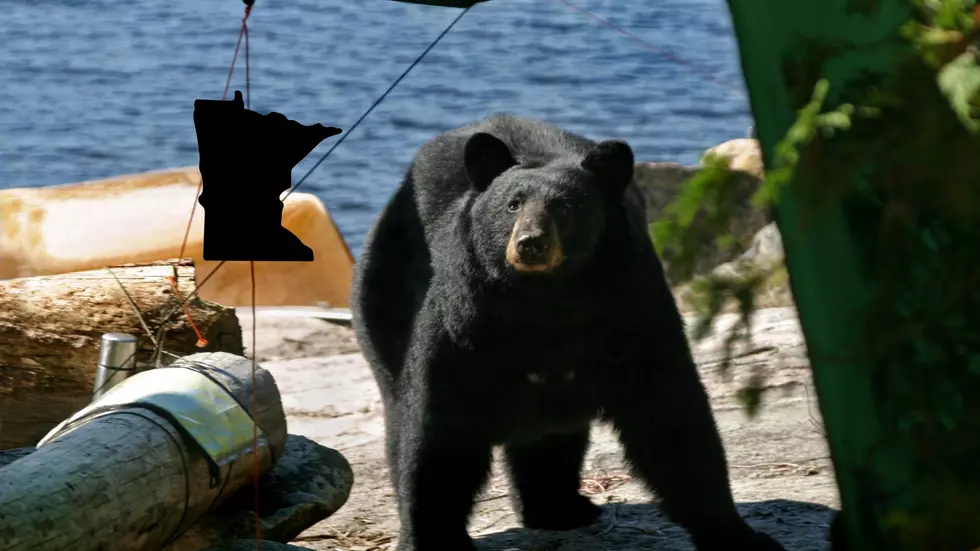
Zebra Mussels Confirmed in Lake Melissa Near Detroit Lakes
I know a lot of people travel all over to camp, fish and enjoy the outdoors. Of course, there are pests to be aware of and if you're heading towards the Detroit Lakes area in Minnesota, then this will of special interest to you.
Zebra mussels have been confirmed in Lake Melissa, located southwest of Detroit Lakes in Becker County, according to the Minnesota Department of Natural Resources.
A citizen discovered the zebra mussels earlier in the week while collecting shells on the south end of the lake, near the outlet structure.
“This is the first confirmed zebra mussel find in the Detroit Lakes area,” said Barry Stratton, DNR Ecological and Water Resources Division, southern district manager. “We’re extremely pleased that this discovery was reported so quickly and with such detail. The report included specific location information and photos that allowed us to respond immediately to the exact spot.”
Following the confirmation, DNR staff conducted a search on Lake Sallie, which is upstream from Lake Melissa in west-central Minnesota. The crew inspected more than 700 items, but no zebra mussels were found. The DNR also briefly searched Mill Pond, downstream of Lake Melissa, and found nothing. Both lakes are connected to Lake Melissa via the Pelican River.
Due to their location downstream, Lake Melissa, Mill Pond and Minnow Pond (Buck’s Mill Pond) will be designated as infested. All waters downstream of Mill Pond are already designated as infested with zebra mussels.
This latest zebra mussel discovery underscores the importance of the tax bill signed in May by Gov. Mark Dayton that adds an additional $10 million per year in state spending targeted to local governments for programs to prevent the spread of aquatic invasive species (AIS).
“While this discovery is unfortunate, the AIS funding to our county couldn’t have come at a better time,” said Tera Guetter, Pelican River Watershed District administrator.
Zebra mussels are non-native species that can crowd out native mussels and compete for food sources with other aquatic animals such as larval fish. They attach to boat hulls and their shells may wash up onto beaches in large numbers.
Becker County officials, the Pelican River Watershed District, area lake organizations and the DNR are partnering to coordinate DNR inspectors and train volunteer inspectors to work at Lake Sallie and Lake Melissa boat accesses. The DNR will designate and post infested waters signs on Lake Melissa and Mill Pond. Becker County has temporarily closed the tram at Dunton Locks County Park between Lake Sallie and Muskrat Lake as a precautionary measure. Zebra mussel search efforts will continue in Lake Sallie and Muskrat Lake.
“These partnerships are critical to the invasive species fight,” said Steve Skoog, Becker County Environmental Services administrator. “Our county AIS plan has been developed to deal with these situations and we need all eyes and ears and resources now to help us implement this plan.”
The DNR also recently confirmed the presence of zebra mussels in Lake Ida near Alexandria in Douglas County and will designate it as infested, as well as Lake Charley and Lake Louise, which are both downstream from Lake Ida.
Preventing the spread of invasive species takes personal responsibility. Before leaving any water access or shoreland, boaters must remove all aquatic vegetation, dispose of bait, drain all water by removing drain plugs and keep drain plugs out while transporting watercraft.
More information about zebra mussels, how to inspect boats and other water-related equipment, and a current list of designated infested waters is available on the DNR website at www.mndnr.gov/ais.
More From B105


